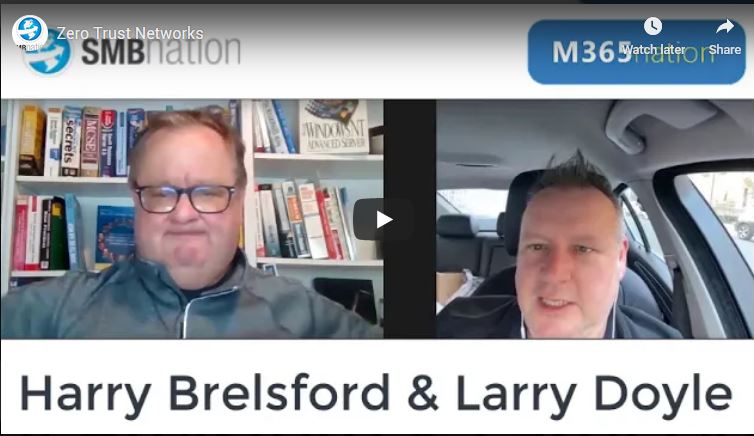Technology is everywhere in our lives these days. From smartphones, tablets and computers, to cloud, analytics, AI, and more, we can’t seem to function without these in our daily lives. From business products to personal use, technology has exploded leaving us lost when things don’t work.
Geek Speak
2021 Forecast with Ted Hulsy
With the COVID-19 pandemic causing a huge shift to work at home, it has opened the doors to higher volumes of cyber-attacks. With 2020 coming to a close and companies continuing to work from home, MSPs should take a look into the future of security.
Simple IoT Infrastructure Delivered
By: Gary Audin
Look up the definition of simple. It means “easily understood or done; presenting no difficulty.” Other words come to mind, including straightforward, uncomplicated, uninvolved, effortless, painless, and manageable.
30 Under 30 (Part 1 of a Series)
Here’s the bad news. For part one of this series, we literally couldn’t find 30 geeks under the age of 30 in our SMB technology community. In this case, a geek is a Managed Services Provider, technician or engineer – the real deal! And the news gets worse – with the above persona definition, we couldn’t find one or more women in technology who fit our criteria. What’s up with that?
2021 Predictions with Dave Sobel
We all know how hard 2020 has been and many of us are looking forward to ringing in the new year. Although, we all wish we could snap our fingers and have 2020 and its problems behind us, the reality is that the first half of 2021 may look similar to 2020.
Zero Trust Networks
With so many remote workers connecting via unmanaged devices to business applications over the internet, there’s become a growing need for zero trust. Zero trust security has become a hot topic for many MSPs. Simply put zero trust is assuming nothing can be trusted.
Financial Tricking and Scan Checks
Phony check scams have been tricking consumers for years. The opportunity for online banking and remote deposit or scanning of checks has opened a huge opportunity for scammers.







